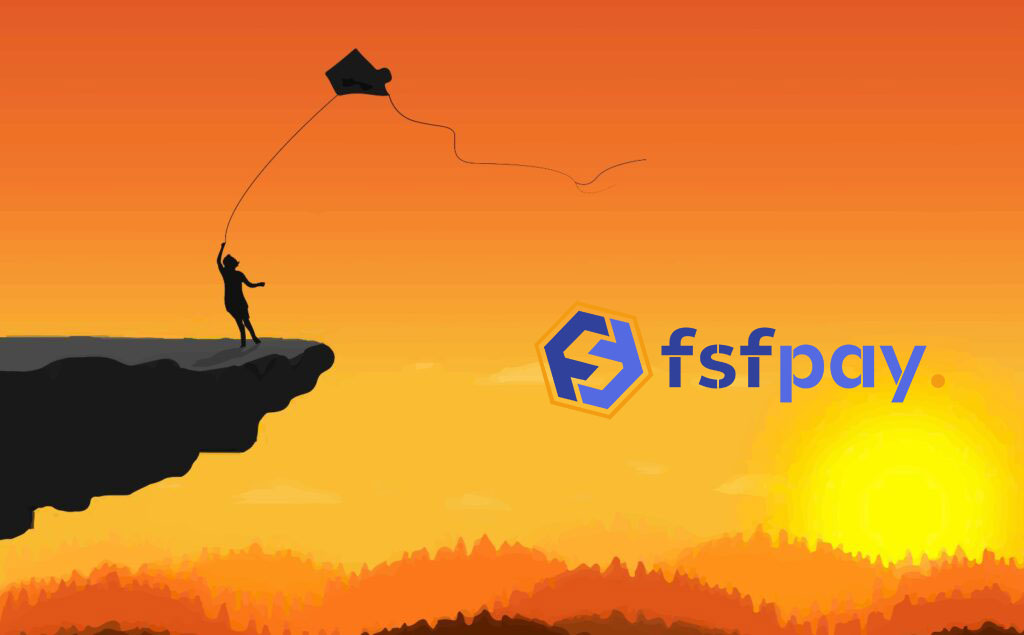

Parisa Ahmadi: The Other Side of the Coin
A Bitcoin story that allowed Afghan women, especially Parisa Ahmadi, to have financial freedom. Parisa Ahmadi, who lives in the Herat region of Afghanistan, was a successful student who was at the top of her class at Hatifi Girls' High School.
Internet and social media lessons were given to young Afghan girls by Film Annex. However, his family was against him attending these courses. In Afghanistan, it was already out of the question for young girls to use the internet at home or at school. Parisa expressed the freedom of Afghan women with the following words. “A woman's life in Afghanistan is limited to the walls of her room and her school.” If Parisa had not persistently resisted taking this course, which was given free of charge, she would have had a life that fit this description. But Parisa was a successful student and her desire to learn more enabled her to persuade her parents.
Roya Mahboob, a businessman of Afghan origin and the owner of the software company Afghan Citadel, which supports this program, was listed as one of the hundred most influential people in the world by Time magazine. Mahboob found herself in Afghanistan as part of the Women's Annex project because she identified the education of Afghan women as her primary interest.
Parisa, who started taking classes in 2013, received training on the web, social media and blogging world. Parisa, who enjoys writing about the films that influenced her, started publishing these articles on her blog. The positive feedback from the readers provided the young girl with her first earnings. But there was a problem. Legally, Afghan women could not have bank accounts. Afghan women would transfer their money to their fathers' or brothers' accounts, and they would not return the money back to their daughters or sisters.
“Bitcoin teaches us how to be free, how to make decisions on our own, and most importantly, how to stand on our own feet.”
Parisa's luck began to change in early 2014. Francesco Rulli, the founder of Film Anne, made a radical decision and decided to pay with Bitcoin because the fees for small amounts of money transfers were higher than the fees. He also thought that this situation was advantageous for Parisa and more than 7,000 young Afghan women like her, who appeared as his paid employees. Bitcoins were already kept in “wallets” that could be used by someone with internet access via an internet-connected device without the need for any documents to present their identity. Bitcoin does not care about your name or gender, so it offers money management to anyone who lives in a patriarchal society and has internet access. In this way, many women whose human rights have been taken away do not need to need a man. Of course, although it is not a solution to all problems, it frees a significant portion of women living with 21st century technology. But according to many people, Bitcoin was not safe. Moreover, Parisa also thought this way.
Since the options for spending this currency are very limited in underdeveloped economies such as Afghanistan, the Film Annex company tried to solve this problem. Thanks to the e-commerce page of global websites such as Amazon, which allows purchasing gift cards with Bitcoin, Parisa even bought a laptop. While such a situation was not even imagined in a few years, Afghan women achieved this freedom thanks to Bitcoin. Parisa: “Bitcoin teaches us how to be free, how to make decisions on our own, and most importantly, how to stand on our own feet.” he expressed in his words. In other words, Parisa believed in the future in which she built her own life, not in the future in which she was dependent on a man.
As always, the unknown of what is "different and new" creates stress. For this reason, most of the news we see in the press for Bitcoin may be negative. But we need to know that Bitcoin provides such freedoms to many individuals who still do not have human rights in today's world. Of course, it is useful to read and evaluate each comment. However, remember that turning your back on opportunities that could change your life based on hearsay may be a move that restricts your freedom.
Random Post

What is Double Spending?...
Double spending is the use of money or assets more than once. This is a very important problem especially for digital assets. Because digital data is easier to copy than other a...

A New Lightning Attack Ha...
Warning from experts; It is possible to empty Bitcoin wallets on the Lightning Network. A study published on June 29 explained that there is a way to empty Bitcoin (BTC) wallets...

Meet Bitcoin, What is Bit...
On 31 October 2008, an email was sent to the cyherpunk group. This e-mail, sent by a user named Satoshi Nakamoto, was attached to an article written in a purely academic format....

